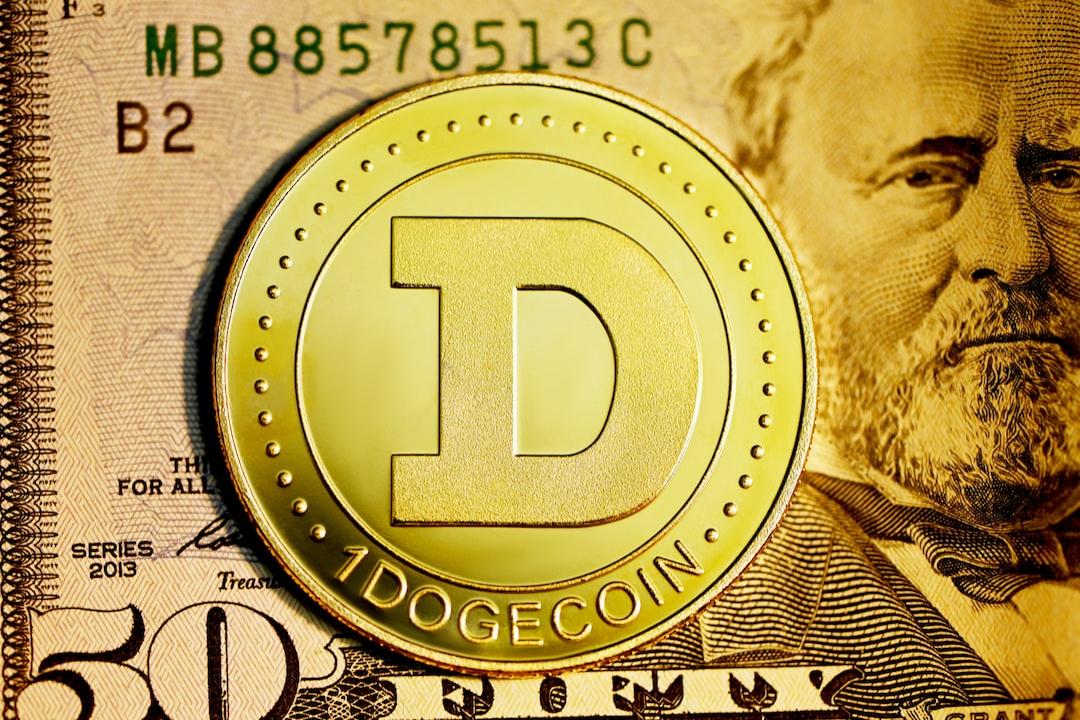Bybit Hacked for 500,000 ETH, Sparking Community Debate on Ethereum Rollback. Core Developer Tim Beiko Emphasizes This Event Differs from The DAO, Hacker Funds Quickly Transferred, and a Rollback Could Cause Irreparable Chain Reactions. Yuga Labs Vice President 0xQuit Warns that the Impact of a Rollback Would Exceed $1.5 Billion.
(Background Summary: Fake! Vitalik Initiates Vote to Rollback Ethereum to Save Bybit from Hack, Not Real News)
(Background Information: The Largest Heist in Crypto History: Why $1.47 Billion from Bybit Was Stolen, Who the Perpetrator Is, and Is There a Risk of User Withdrawals?)
On the 21st, after Bybit was hacked by North Korean hacker Lazarus, resulting in the theft of approximately 500,000 ETH (worth $1.46 billion), the community sparked heated discussions about whether Ethereum’s blockchain should be rolled back to freeze the stolen funds.
Arthur Hayes Supports Rollback
Yesterday, BitMex co-founder Arthur Hayes tweeted: Why not rollback Ethereum to help Bybit? After the 2016 The DAO incident, the Ethereum community had already abandoned the network’s “immutability.” Why not do it one more time? He stated:
If the community wants to do it again (rollback on-chain transactions), I would support it. No one has an issue with DeFi on CZ’s computer (referring to the $BNB ecosystem), so why not let $ETH become Vitalik’s computer?
Additionally, there are even rumors that the Ethereum Foundation is about to vote on whether to rollback, but this news has been debunked.
Extended Reading: Fake! Vitalik Initiates Vote to Rollback Ethereum to Save Bybit from Hack, Not Real News
.@VitalikButerin will you advocate to roll back the chain to help @Bybit_Official?
— Arthur Hayes (@CryptoHayes) February 21, 2025
Core Developer Warns: Rolling Back Ethereum is Impractical and Could Cause Unresolvable Chain Reactions
However, Ethereum core developer Tim Beiko detailed four reasons why a rollback of Ethereum in light of Bybit’s hack is not feasible:
1) No Violation of Ethereum Protocol
Bybit was hacked due to the multi-signature management interface being compromised, leading to erroneous transaction approvals. This is different from the smart contract vulnerability in The DAO incident. From the perspective of the Ethereum protocol, these transactions are completely legitimate, making it impossible to distinguish between hacked transactions and normal ones.
2) Hacker Immediately Transferred Funds, Cannot Be Frozen
In the case of The DAO incident, funds were frozen for a month, but the assets stolen from Bybit were immediately in motion on-chain. The hacker utilized DeFi protocols, DEXs, and cross-chain bridges to quickly obfuscate the source of the funds, making any attempts to “rollback” extremely difficult.
3) Consequences of a Rollback Would Be Vast
Ethereum is deeply integrated with exchanges, DeFi, and RWA (Real-World Assets). Any “rollback” could impact other applications’ settled transactions (e.g., exchange sales, RWA redemptions), with effects far surpassing those of The DAO incident, leading to almost unresolvable chain reactions.
4) Past Attempts at “Rollback” Faced Strong Community Opposition
In 2018, EIP-999 proposed to roll back 500,000 ETH frozen due to a Parity Wallet bug, but it faced intense opposition from the community and ultimately was not passed. This illustrates the community’s shift towards a conservative stance on “changing blockchain history,” even if technically feasible, they are unwilling to make changes. Tim Beiko emphasized that past rollback cases in Bitcoin and Ethereum occurred under special circumstances, and the current integration of Ethereum applications and the community’s pursuit of immutability render a “rollback” impractical.
ELI5 why we cannot “rollback” Ethereum?
After yesterday’s Bybit hack, crypto commentators are again asking why Ethereum cannot “rollback” the chain to reverse the hack. While experienced ecosystem actors near-unanimously agree that this is infeasible, it’s worth breaking down…
— timbeiko.eth (@TimBeiko) February 22, 2025
Yuga Labs Vice President: The Cost of a Rollback Far Exceeds $1.5 Billion
Yuga Labs blockchain vice president 0xQuit also held a similar position, stating that the impact of a rollback would far exceed the $1.5 billion lost in the Bybit hack:
Ethereum can indeed rollback (Bitcoin can also, all that’s needed is majority consensus). However, the impact of doing so would far exceed $1.5 billion. Thousands of innocent users would lose money, and thousands more would gain money that does not belong to them. If we account for all major players, such as Circle and Tether, these institutions could collapse. The cascading effects of a rollback are unpredictable, as today’s Ethereum is no longer a primitive network with simple smart contracts and “Hello World” like in the era of The DAO.
He emphasized, Ethereum is now at the core of DeFi and serves as the settlement layer for numerous Rollups; such infrastructure cannot simply be “rewound.”
Ethereum could rollback, yes (so could bitcoin btw, all you need is majority consensus). The impact of doing so would be larger than $1.5B. Thousands of innocent people would lose money, thousands more would gain money they shouldn’t. Accounting for all major players like Circle…
— Quit (@0xQuit) February 22, 2025
Bybit CEO: Should Be Decided by Community Vote
Additionally, during a Spaces AMA, when Bybit CEO Ben Zhou was asked whether he supported rolling back the Ethereum blockchain to invalidate the funds stolen by the Lazarus Group, he responded:
This may not be something that one person can decide alone. In the spirit of blockchain, perhaps it should be decided by a community vote, but I’m not sure.
Recap of The DAO Incident
The DAO incident was one of the largest hacking attacks in Ethereum’s history in 2016 and was the first event that led to a community split. The DAO was a decentralized investment fund based on smart contracts that raised about $150 million in ETH (15% of the total ETH supply at the time), but was hacked due to a “Reentrancy Bug,” leading to the theft of 3.6 million ETH (approximately $60 million). To recover the funds, the Ethereum community ultimately chose to undergo a “hard fork” to return the stolen assets to their original holders, but this move sparked controversy, with some opponents insisting on maintaining the original chain, ultimately resulting in two separate chains: Ethereum (ETH) and the immutable Ethereum Classic (ETC).



